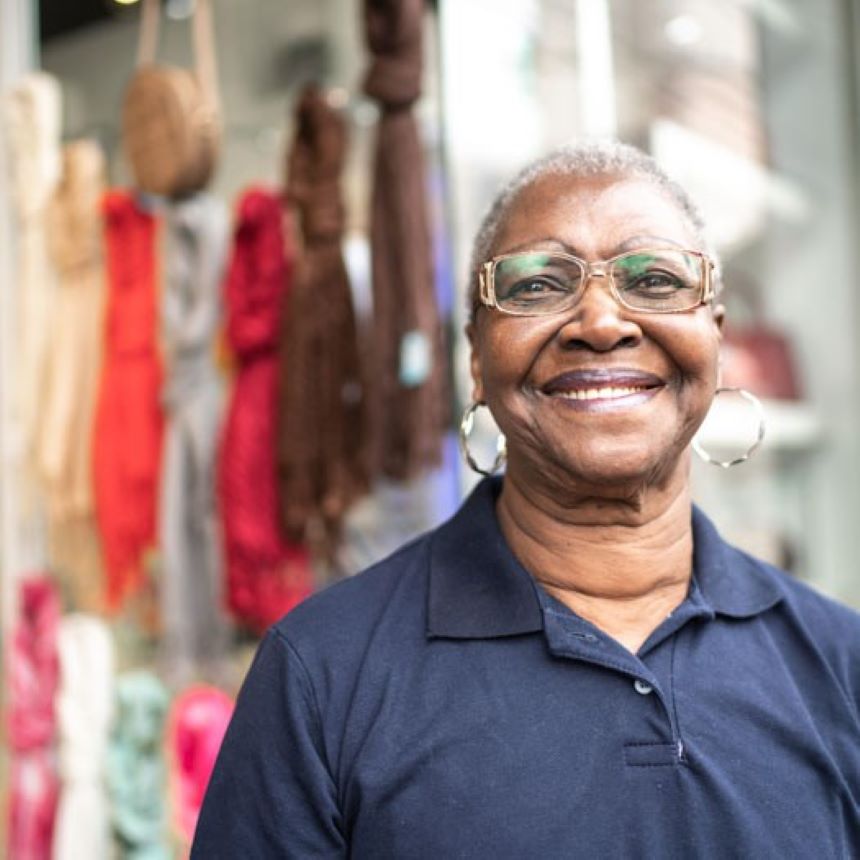
The Consumer Advisory Committee becomes the Lived Experience Advisory Council.
For years, LifeWorks NW has aimed to give voice to the experiences of those we serve by gathering feedback through the Consumer Advisory Committee (CAC). This committee provides an open invitation to those with lived/living experience, their family members, and community partners to share their thoughts about mental health and addiction services at LifeWorks NW and beyond.
Hearing directly from individuals and families experiencing mental health and addiction challenges has allowed LifeWorks NW to:
- Align with the needs and wants of those with lived experience.
- Provide person-centered and person-led services.
- Give power to historically marginalized communities.
Recently, the CAC questioned the name of their committee. Drawing on influences from peer support and the C/S/X Movement, they took a close look at how they use language to describe themselves and the people they aim to serve.
What is the C/S/X Movement?
C/S/X refers to the Consumer/Survivor/Ex-patient Movement. The name emerged during the civil rights era, at a time when people who had experienced harm while receiving mental health services began advocating for their rights. Those who had been institutionalized began to speak out about harmful practices, such as forced medication, electroconvulsive therapy, and restraint.
Peer leaders of the time, like Judi Chamberlain and Howie the Harp, advocated for peer-run alternatives to traditional mental health services and systems, where people could receive mutual aid and support from others with lived and living experience.
During this time, some people began to embrace the term “mad” as a term of empowerment. Much like how the LGBTQ+ movement reclaimed the word “queer,” the C/S/X movement reclaimed the word “mad,” which has traditionally been a derogatory or insulting term. For this reason, some embrace the term “Mad Movement” to describe this civil rights effort.
From consumer to lived experience
In the 1980’s, people began to use the word “consumer” – instead of the word “patient” – to describe themselves and their relationship to mental health services. This shift aimed to highlight the active role they have in services, and that mental health care is a collaborative effort.
However, language is always changing. In 2019, a survey of those with lived experience asked how they preferred to describe themselves. It revealed that “consumer” was not their top choice. Only 24% of individuals said they liked that word choice, ranking 8th out of 15 options. The findings ultimately showed that most preferred to be referred to as someone with lived experience.
The LifeWorks NW Lived Experience Advisory Council
The LifeWorks NW council met to determine what language to adopt when considering renaming the Consumer Advisory Committee. The group decided that the Lived Experience Advisory Council, or LAC, was the best choice moving forward.
Some prefer being recognized as a person with “lived and living experience,” because experiences are ongoing. The council honors this, and, although the name reflects “lived experience,” there is the understanding that the term embraces living/lived experience. The LAC also recognizes that language evolves, and they may adapt again in the future.
The council believes that the beauty of recovery is that it looks different for everyone, and they hold space for all recovery journeys. The LAC ensures that LifeWorks NW is an organization that holds the hearts of those served at the center of all services, leading to meaningful and tangible change. The council embraces the message of the grassroots disability rights movement: “Nothing about us without us.”
Join the LAC
The LAC meets every third Thursday of the month at 10 am via Zoom, with occasional in-person or hybrid meetings. For more information a about how to join, send an email to lac@lifeworksnw.org.


